By @InfantryDort on X, active duty Army Major
Tortured Warrior X: Ulysses S. Grant
The Torment
Grant was not born a legend. He was a quiet boy who loved horses more than people. At West Point he was average. In the Army he was forgettable. Then came failure. Poverty. Rumors of alcoholism. He resigned in disgrace, cut adrift with a wife and children he could barely feed. He sold firewood on street corners to survive.
The Breaking Point
The nation went to war and Grant was a nobody. He wrote to Washington begging for a commission. No answer came. He felt the weight of shame and futility. By all appearances he was finished, a failed officer with nothing left. The kind of man history forgets.
The Transcendence
But the war called him back. And in battle, the quiet man of failure became the hammer of the Union. Fort Donelson. Vicksburg. Shiloh. Chattanooga. Until finally, Appomattox. He rose from humiliation to command all armies of the United States. He met Robert E. Lee not as the disgraced officer of old, but as the man who broke the Confederacy.
Grant proved that the tortured warrior can fall deeper than most men dare and rise higher than most men dream.
—
Tortured Warrior XI: Desmond Doss
The Torment
Doss was born in Virginia during the Great Depression. Poverty weighed heavy on his family. He grew up Seventh-day Adventist, mocked and ridiculed for his deep faith and refusal to harm others. When war came, he volunteered to serve — but he refused to carry a rifle. His fellow Soldiers called him a coward, beat him, and threatened him. He was an outcast in his own unit, branded as worthless before he ever saw battle.
The Breaking Point
On the ridges of Okinawa, Doss faced fire without a weapon. His torment was not only enemy bullets but the scorn of his brothers-in-arms. They doubted him, despised him, expected him to fail. He carried only his medical kit and his faith. In the crucible of Hacksaw Ridge, surrounded by carnage, he stood at the edge of madness — unarmed, unshielded, and hated by the very men he tried to save.
The Transcendence
But Doss did not break. He rose above the storm. Alone, he lowered wounded man after wounded man down the escarpment under fire. Seventy-five souls lived because he would not leave them. When asked how he did it, he said he prayed only for strength to save “just one more.” He became the first conscientious objector to earn the Medal of Honor.
The tortured warrior is not always the one who kills. Sometimes he is the one who refuses to kill, and bears torment for it. Desmond Doss proved that courage is not found only in the sword, but also in the unshakable conviction to hold to one’s beliefs when the world calls you a coward.
—
Tortured Warrior XII: George S. Patton
The Torment
Patton’s youth was marked by struggle. Dyslexia made reading difficult and humiliating, but he forced himself through by memorizing entire passages. His drive to be a warrior was a flame that burned hot, yet behind it lived fear of inadequacy. After World War I, where he proved himself in the dawn of armored warfare, Patton expected glory to follow. Instead, obscurity. Years of peace hollowed out his ambition. He raged in silence as the Army shrank and his voice went unheard.
The Breaking Point
Between the wars, Patton’s obsession with study and bluntness of speech became weapons that cut both ways. He wrote scathing critiques of America’s senior generals when he was a Major, grading their tactics, dissecting their failures. His candor earned him enemies. In an institution that prized conformity, he stood out as a lightning rod, mocked as eccentric, dismissed as dangerous to his own career. The Army he loved seemed ready to bury him in mediocrity. He stared into the abyss of irrelevance, a warrior with no war.
The Transcendence
Then came World War II, and with it his rebirth. The quiet officer of dusty interwar posts erupted into the firebrand of North Africa, Sicily, and Normandy. His aggressive doctrine — shaped in those forgotten years — became the spear that broke German lines. The same bluntness that once isolated him electrified Soldiers and terrified enemies. He made himself into a weapon of war, flaws and all, carrying entire armies forward on the sheer violence of his will.
The tortured warrior is often punished for telling truth before its time. Patton’s scars were ridicule, censure, and disgrace, but when the hour of decision came, the very qualities that nearly destroyed him became the spark of victory.


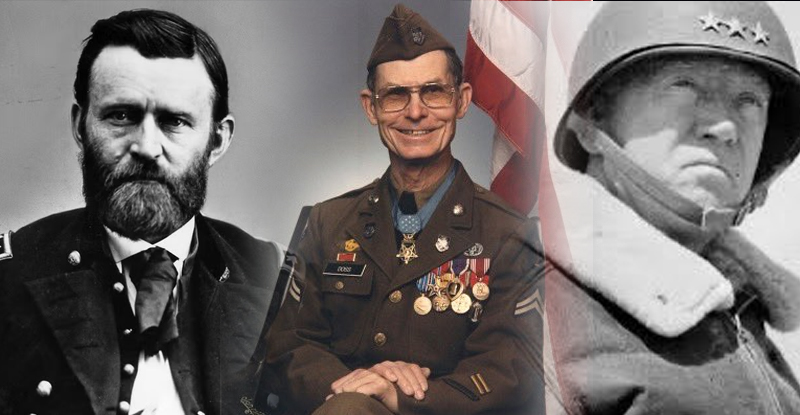
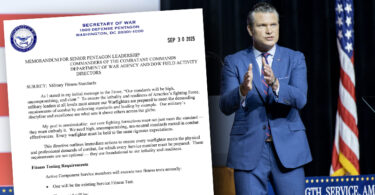

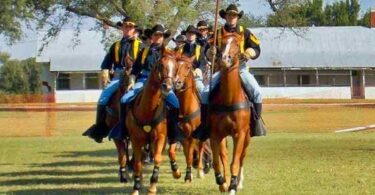

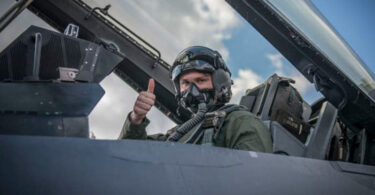
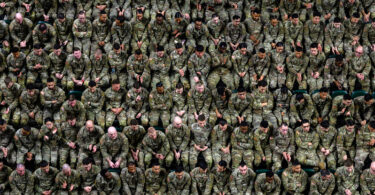
Leave a Comment